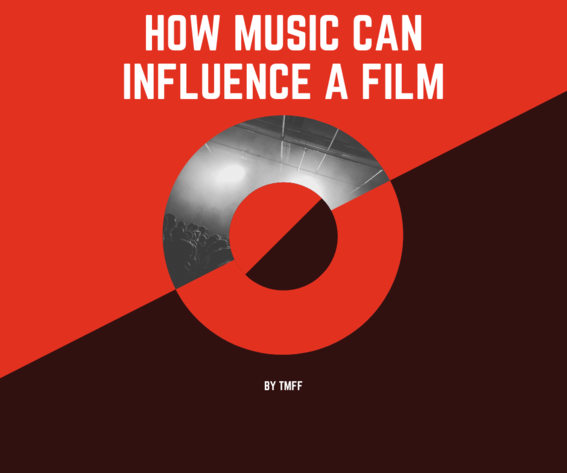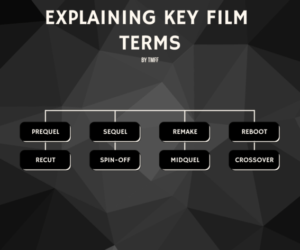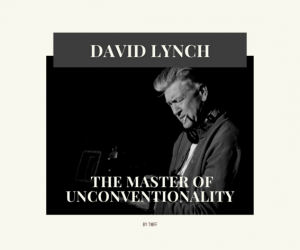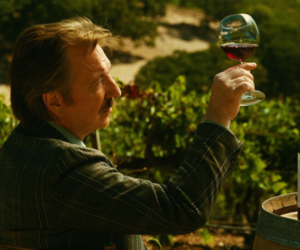When someone thinks of the broad term of music, their favorite artist or musician generally comes to their mind before anything else. We all have a preferred niche for music; whether it’s something extraordinarily mainstream or out of the ordinary, we all have our own opinions.
Aside from the traditional role of music that encompasses an artist releasing music for the masses, music plays a significant role in several other walks of life. For instance, practically every film in existence wouldn’t be where it is without the score of music created for it.
In fact, some of my favorite artists have created scores for films, such as Jimmy Page and Jonny Greenwood, to name a few. It’s an exciting subject of music that many standard music fans forget about. So, how can a score influence a film? Let’s take a look!
It Creates an Atmosphere
The style or mise-in-scene of a film can’t be described without music. There are indeed some silent films that don’t have any music, but this is a style in and of itself. However, practically every film has a form of an atmosphere that can be defined through the music.
For example, Ridley Scott’s masterpiece Blade Runner has a score that easily demonstrates the dystopian and eerie motif of the film. The two go hand in hand with one another, where it wouldn’t be the same film without the soundtrack from Vangelis.
It Adds to the Film
Aside from creating an atmosphere, music adds to the film. For example, in Guardians of the Galaxy Vol. II, a major B-plot of the film is Peter Quill (Chris Pratt) and his connection with his mother through music cassette tapes.
Not every film that features music utilizes it in an actual plotline, but it’s interesting to see how music can add to an actual plot. Whether it’s a character and their favorite song or a character reminiscing about a specific memory through music, all of it is useful.
It Shows Movement and Time
Major fight scenes or montages that pass time often utilize music. Since fighting is such an intense action, music accompanies it to elevate it to the next degree. On the other hand, for films to fast-forward in time or back in time, sometimes we see a black screen depicting the time or a montage.
Usually, music accompanies either or to fast-track time or to show the time setting the film is in. For example, in Back to the Future, after Marty (Michael J. Fox) goes back in time to the 1950s, we hear music from the 1950s to fit the setting.
It Connects Scenes
Films are one giant movement from one scene to another, primarily done as a plotline progression. If a scene feels too abrupt, filmmakers tend to add music to help connect scenes.
There is an entourage of film techniques this can be used for, but it’s fascinating to see how a filmmaker can pull it off. A film dissolve, a transition, or just a straight cut to black, music is what can connect one act to another. Some screenwriters will even consider this approach while writing, especially if they hope to direct their script.
It Demonstrates Emotion
Whenever a film has a serious emotional undertaking, such as a character dying, there’s always music that goes with it. If you put on an emotional record, you’ll feel the heaviness given from the album.
Whereas, if you combine heavy music with a visual, it’ll have twice the effect. One of the most straightforward examples of this is The Titantic after Jack dies (spoiler sorry). The film purposely chooses an emotional track over Jack’s death to evoke a proper response from the audience.

















